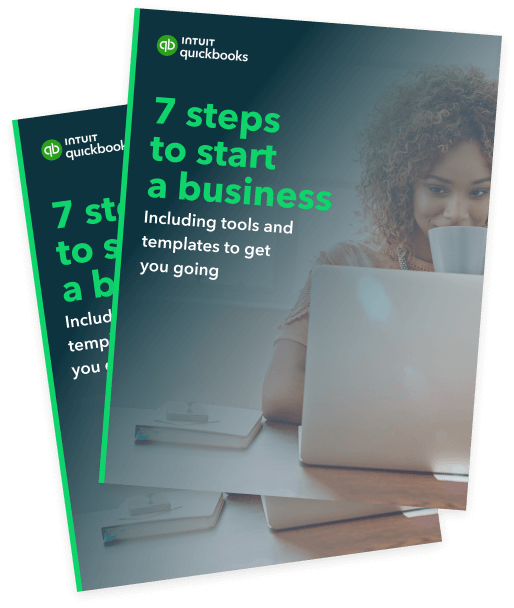How does an ABN compare to an ACN?
One of the other things you may have heard about is an Australian Company Number, or ACN. Although these two terms sound synonymous, they are actually different. For one, a different entity issues ACNs. The Australian Securities and Investments Commission (ASIC) issues ACNs, not the Australian Business Register.
Two, the numbers themselves are different. As we mentioned, an ABN is an 11-digit number. On the other hand, an ACN is a nine-digit number.
Lastly, most businesses don’t need to register for an ACN. Unlike ABNs, which are for sole proprietors, trusts, partners, and companies, an ACN is only for companies. So, if you’re a freelancer working for yourself, you don’t need to worry about filing for an ACN.
If you are the owner of a company, you cannot choose between an ABN and an ACN. You’re going to need both. You will need to apply for an ACN first.

















